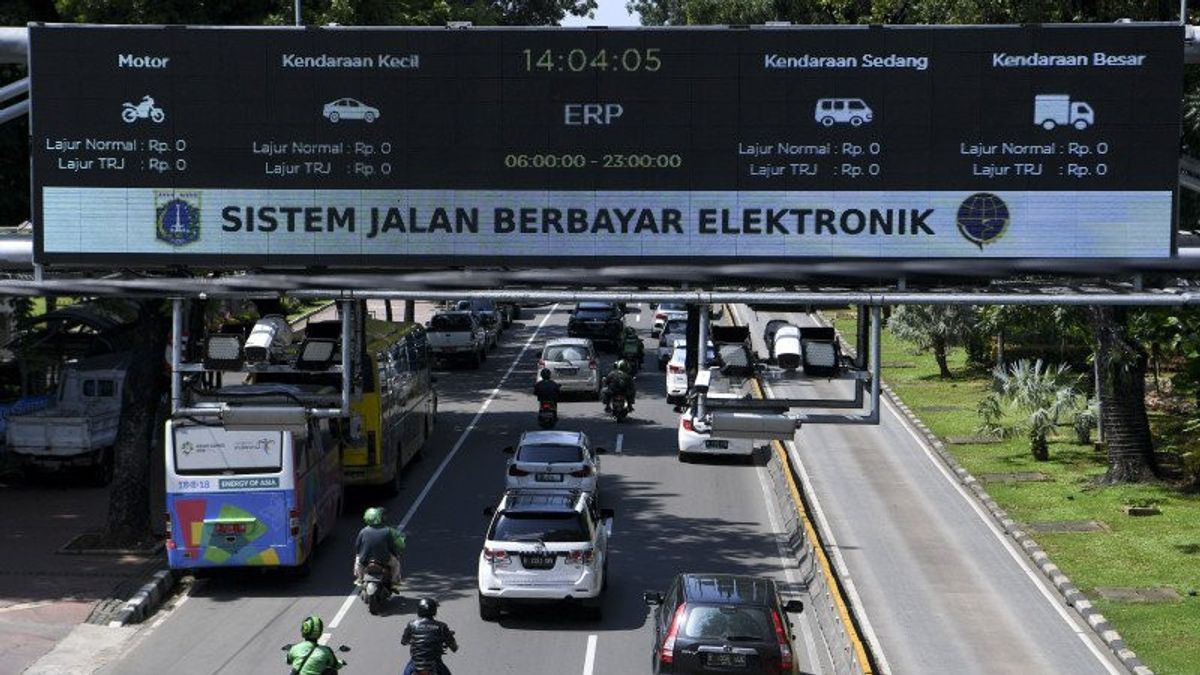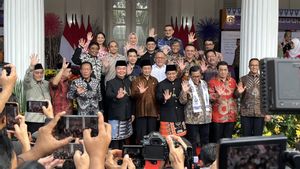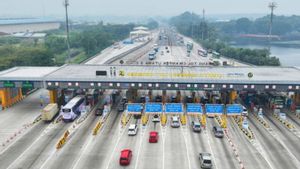JAKARTA - The Provincial Government (Pemprov) of DKI Jakarta plans to implement an Electronic Road Pricing (ERP) policy or electronic paid roads to reduce congestion in the capital city.
Responding to this, City Administration Observer Yayat Supriatna assessed that ERP's policy was not fully effective in unraveling congestion.
According to him, the policy will be effective if it is supported by the integration of other transportation systems.
"For example, if 25 roads are selected to be implemented (ERP), whether on 25 roads the public transportation as a replacement option is available or not. If in Thamrin-Sudirman it can be said that there is already an MRT and is the center of the destination for travel in Jabodetabek. So, it can be said that travel in Jabodetabek is concentrated in two areas, South Jakarta and Central Jakarta," Yayat said when contacted by VOI, Wednesday, January 11.
"So, if South Jakarta and Central Jakarta are the focus of the ERP, then there is an MRT, that's actually better. So, not just 25 (road sections), but first apply the probation period on the main road. If later the MRT has reached Jakarta City, then it can cross the Gajah Mada, Harmoni, to the North," he added.
With this trial, said Yayat, the public can consider bringing a private vehicle that is charged ERP or riding public transportation without having to be burdened with additional costs.
"So, people can compare which cheap payments use ERP or increase the MRT. So, there is a choice," he said.
Regarding the implementation of the policy, Yayat assessed that there will be people who are worried if they are subject to additional costs, especially in a number of densely populated areas.
According to Yayat, this ERP policy will be difficult to implement in the area because of public thinking about the considerations of the time to be taken to get to their respective destinations.
"On the road where there is no public transportation, it is a bit difficult. Relying on TransJakarta, it has problems, because TransJakarta has longer waiting times, the stops are more crowded," he said.
"So, if you take the train, LRT or MRT is more certain every 10 minutes. So, if people want to pay to ride the MRT, it will be more profitable in terms of time, then it will also be easier to go to the office, but if for example relying on TransJakarta, the waiting time will be longer," he explained.
Therefore, Yayat suggested that the DKI Jakarta government be able to examine in-depth the ERP regulation before it is actually implemented in the capital city.
"My advice in implementing the regulation, not only on the technical aspect, not just on the aspect, but pay attention to the sociological aspect, because ERP's obstacles in Indonesia are usually a matter of culture or culture," he said.
"So, making the rules have to be studied more deeply, preparing for the implementation to be more detailed, first testing in a place where reliable transportation public is available, such as in the MRT corridor, then it can be declared ERP appropriate to be carried out," he concluded.
The English, Chinese, Japanese, Arabic, and French versions are automatically generated by the AI. So there may still be inaccuracies in translating, please always see Indonesian as our main language. (system supported by DigitalSiber.id)









